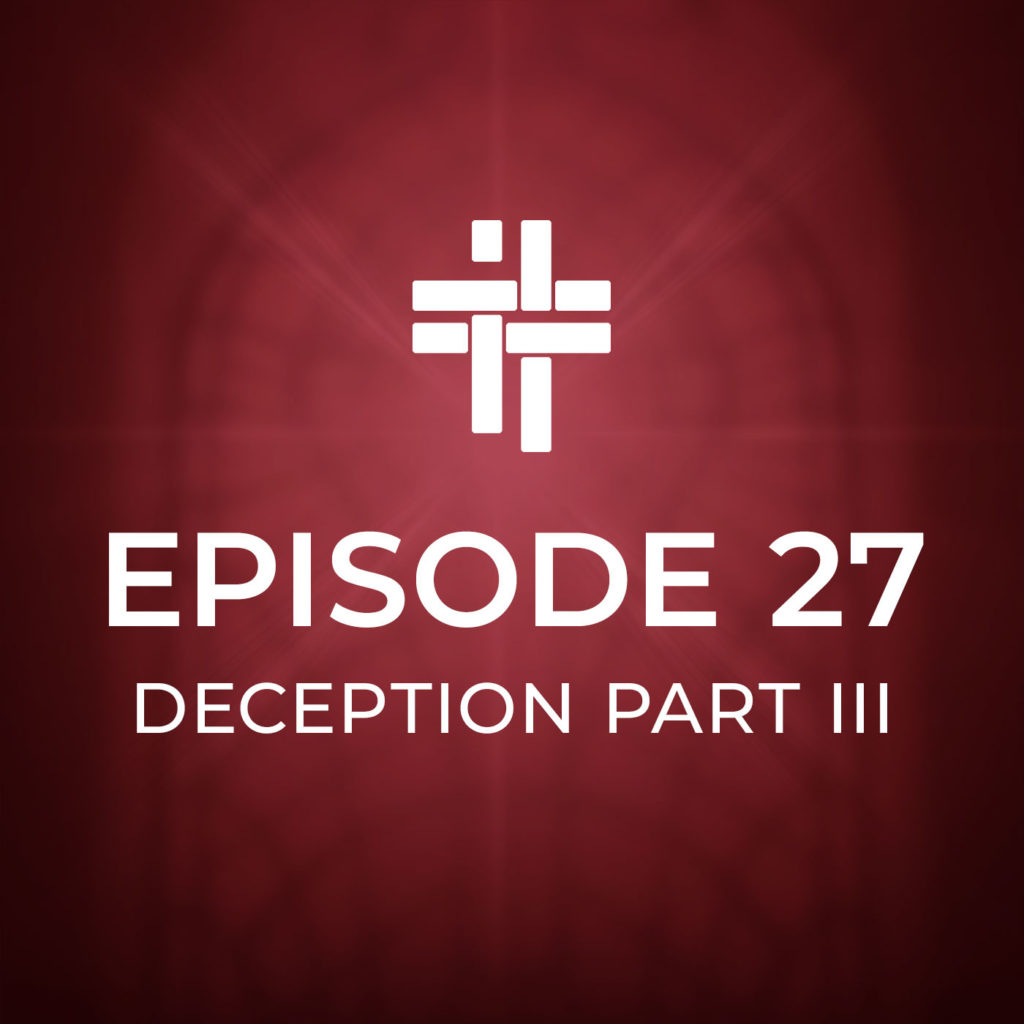Today we continue our reflection on the Destructive Hidden Influence. How does a peacemaker know this factor is in play? Evidence is found in the irrational or illogical fears expressed by parties. Evidence is found in the distrust that lingers when it should have dissipated. Evidence lies in the damaged relationship that is unusually difficult to heal. Fear, distrust, and hostility are signs of a Destructive Hidden Influence. Another sure sign is reconciliation impasse, those times when negotiation stalls.
Podcast: Play in new window | Download (Duration: 7:41 — 10.5MB) | Embed
Subscribe to the podcast
Credits
“Angel Share” and “Concentration” Kevin MacLeod Licensed under Creative Commons: By Attribution 3.0 License


